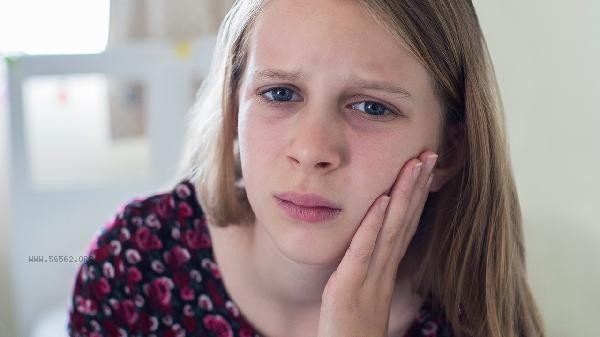5-year-old children often say that fatigue may be related to factors such as insufficient sleep, imbalanced diet, excessive exercise, psychological stress, anemia, etc. Parents are advised to observe their children's daily routines and emotional changes, and seek medical attention and examination in a timely manner if necessary.

1. Lack of Sleep
Preschool children need 10-13 hours of sleep per day, and long-term sleep deprivation can lead to fatigue. Parents need to ensure that their children have a fixed schedule, avoid excessive excitement and activities before bedtime, and create a quiet and comfortable sleeping environment. If a child has difficulty falling asleep or wakes up frequently at night, they can try adjusting their bedtime routine, such as soaking their feet in warm water, listening to light music, and other relaxation methods.
2. Unbalanced diet
Picky eating or insufficient nutrient intake can affect energy supply. School aged children need to ensure daily intake of high-quality protein, complex carbohydrates, and fresh fruits and vegetables. Iron deficiency anemia is more common in children, and it is recommended to increase intake of iron rich foods such as red meat, animal liver, and dark vegetables in moderation, while also promoting absorption with vitamin C.
3. Excessive exercise
When the physical exertion exceeds the child's ability to bear, persistent fatigue may occur. Parents are advised to arrange activity intensity reasonably and replenish water and electrolytes in a timely manner after exercise. Observe the child's recovery after exercise. If the fatigue persists for more than 24 hours, consider reducing the amount of exercise or adjusting the activity program.

4. Psychological stress
Adaptation to kindergarten, family conflicts, or academic pressure can all lead to psychogenic fatigue. Manifested as resistance to going to school, changes in appetite, etc. Parents should communicate with their children through games, drawings, and other means to understand potential sources of stress. If necessary, seek guidance from child psychologists to avoid using pressure based education.
5. Anemia
Iron deficiency anemia can lead to a decrease in oxygen carrying capacity, resulting in symptoms such as pale complexion and shortness of breath after activity. Diagnosis should be confirmed through blood routine examination. After diagnosis, iron supplements such as dextran iron oral solution and protein succinate iron oral solution can be used according to medical advice. Regularly check hemoglobin levels during treatment, and supplement with vitamin B12 and folic acid. Parents should record the frequency and accompanying symptoms of their children's fatigue in daily life, and pay attention to whether it is accompanied by abnormalities such as fever and weight loss. Ensure 1-2 hours of outdoor activity daily to promote vitamin D synthesis, and increase intake of foods rich in unsaturated fatty acids such as walnuts and deep-sea fish in the diet. If the symptoms persist for more than two weeks after adjusting the lifestyle, or if there is growth and development delay, repeated infections, etc., it is necessary to promptly go to the pediatric department for systematic examinations such as blood routine and thyroid function to rule out the possibility of chronic diseases.





Comments (0)
Leave a Comment
No comments yet
Be the first to share your thoughts!